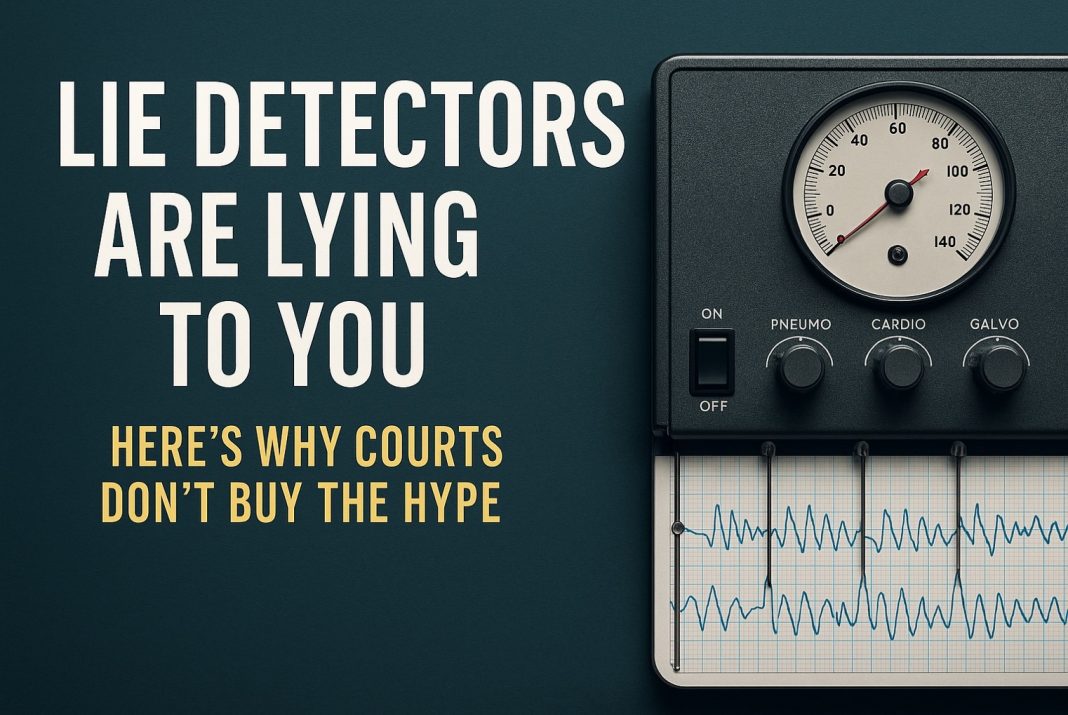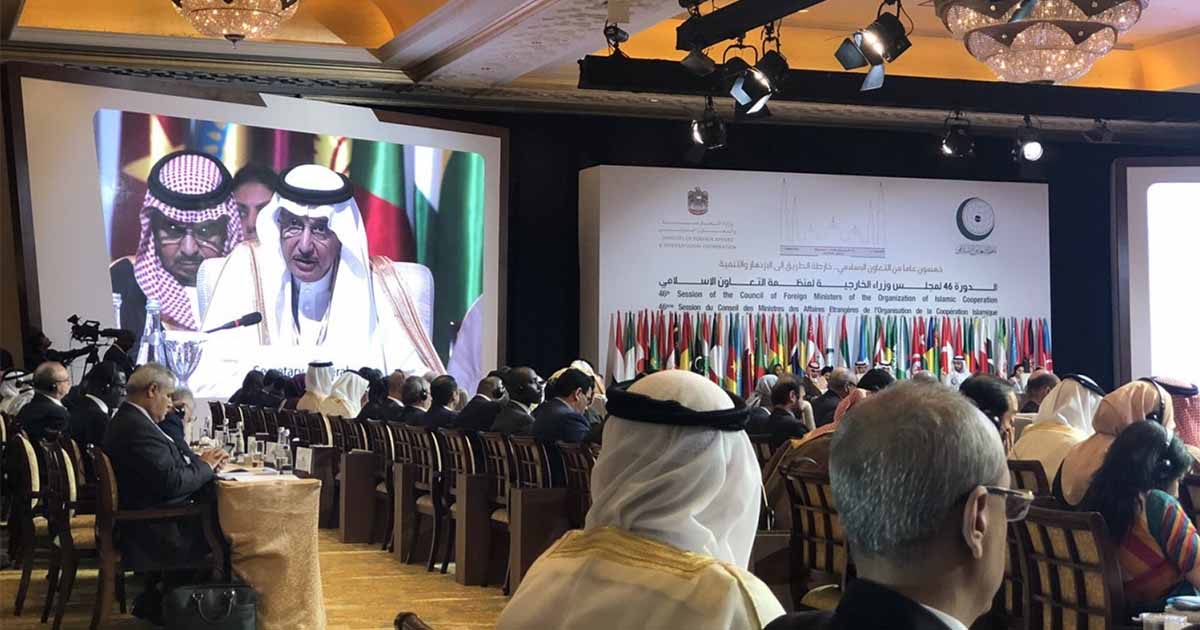Lie detector tests are a staple of pop culture. Whether it’s a criminal suspect sweating through an interrogation scene or a dramatic reality show moment, polygraphs are often portrayed as truth-telling machines that leave no room for doubt. They’ve got wires, beeping machines, pulsing graphs—it feels scientific. It looks convincing.
But here’s the truth: lie detector tests are deeply flawed, and they have no place in a courtroom or any situation where someone’s reputation, freedom, or future is on the line.
In a controversial move, the Lahore High Court in Pakistan ruled that lie detector results would be admissible in determining former Prime Minister Imran Khan’s guilt in connection to the May 9th, 2023, protests. Based on that decision, the Anti-Terrorism Court (ATC) has ordered polygraph test of Imran Khan. This decision raises serious concerns about fairness, due process, and the misuse of flawed science in politically sensitive trials.
Read More: Smiling Betrayal: US Congressmen Embracing Butcher of Pakistani Democracy
Let’s break down why polygraphs don’t live up to the hype—and why courts around the world have decided they simply can’t be trusted.
The Lie They Tell About Lies
First things first: polygraphs don’t detect lies. That’s a common misconception. What they actually measure are physiological responses—things like heart rate, blood pressure, respiratory rate, and skin conductivity (how much you’re sweating). The assumption behind the test is that people become nervous or stressed when they lie, and those reactions will show up on the machine’s graph.
That assumption might sound reasonable. But there’s a huge flaw: stress and lying aren’t the same thing. You can be nervous for all kinds of reasons—being under suspicion, fear of not being believed, general anxiety—and none of those mean you’re being dishonest. On the other hand, a skilled liar, someone with a calm demeanor or a sociopathic personality, might lie without triggering much of a response at all.
So, in essence, polygraphs are measuring stress, not deception. And that’s a big problem.
Unreliable, Inconsistent, and Easily Fooled
Because the machine can’t actually detect lies, it makes a lot of mistakes. False positives—when someone tells the truth but fails the test—are a known issue. A completely innocent person might be terrified just being accused of something serious, and that anxiety could make the polygraph interpret them as deceptive.
Then there are false negatives, when someone lies but shows no signs of it. People who are used to deception, emotionally detached, or simply very good at staying calm can pass the test with flying colors.
And yet, the Lahore High Court has allowed this fallible tool to be used in the prosecution of Imran Khan—a move that injects subjectivity and pseudoscience into a deeply politicized case. In doing so, the court risks undermining the legitimacy of its own judicial process.
No person—regardless of political stature—should be subjected to a scientifically invalid method to determine their guilt. The burden of proof should rest on evidence, not on emotional interpretations of spikes on a graph
Human Judgment Adds Another Layer of Uncertainty
Even if the machine itself were perfect (it isn’t), the results still have to be interpreted by a human examiner. And human interpretation is prone to bias, error, and subjectivity. Two different examiners could look at the same data and come to two completely different conclusions.
What you end up with is a judgment call—not a scientific result. And in high-stakes settings, like criminal investigations or job screenings, that’s just not good enough.
Why Courts Want Nothing to Do With Them
In the legal world, evidence needs to meet a very high bar. It has to be reliable, scientifically sound, and generally accepted by the expert community. Polygraphs don’t make the cut. Most courts see them for what they are: unreliable, unscientific, and potentially misleading.
Even if a polygraph result isn’t admissible, just knowing someone passed or failed could influence the judgement. That’s why many judges won’t even allow them to be mentioned in court. The risk of prejudice is too high.
The Danger of the Lahore High Court’s Decision
The Lahore High Court’s ruling to allow polygraph results in the Imran Khan case sends a deeply troubling message—not just for Pakistan, but for any democracy. It signals a willingness to abandon scientific rigor and due process in favor of political expediency.
At its core, justice is about fairness, evidence, and impartiality. Admitting lie detector results as evidence—especially in such a high-stakes political case—compromises all three.
Read More: PTI’s Digital Warriors Are Breaking the Military Regime’s Backbone
Based on that decision, ATC has ordered polygraph test of Imran Khan. This is not just a bad call; it’s a dangerous precedent. Courts should be fortresses of reason, not theaters for pseudoscience.
Truth Requires Better Tools
At the end of the day, truth isn’t something you can plug into a machine. It requires careful investigation, evidence, context, and critical thinking. A polygraph, no matter how advanced it may look, simply can’t tell you who’s lying and who isn’t.
So the next time you see a lie detector test being used on TV—or even in real life—remember: it’s more theater than science.
The Bottom Line
Truth is not something you can extract from a machine. It requires investigation, context, and critical reasoning. Lie detectors may look high-tech, but they don’t meet the basic standards of science or justice.
The Lahore High Court’s decision to embrace this flawed tool, and ATC ordering the polygraph test of Imran Khan, is not just controversial—it’s unjust. It reinforces a troubling pattern where appearances are prioritized over substance, and where politically charged decisions, risk being based on unreliable methods.
In a world where misinformation spreads fast and justice is often politicized, we need more truth, not more theater. And lie detectors, for all their wires and waves, are nothing but theater.
The author is a Seattle based entrepreneur, technologist and a social activist.













